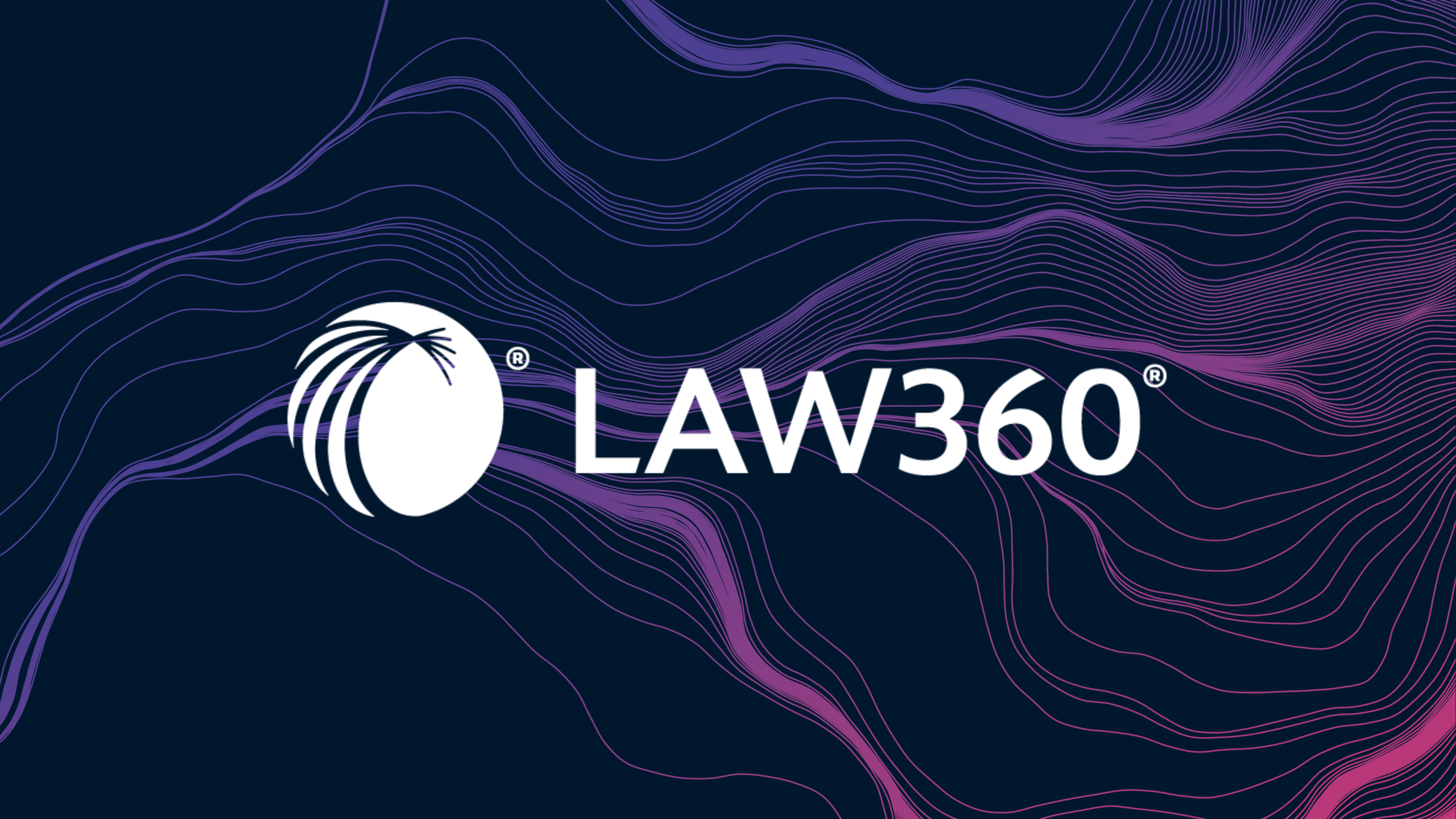Google AI Accused Of Wiretapping Customer Service Calls
Google's "human-like" customer service product powered by generative artificial intelligence learns by listening to and recording customers' conversations with human agents, but the customers don't know the technology is eavesdropping on them or that Google is collecting the data, according to a proposed class action filed in California federal court.

Law360 (October 25, 2023, 8:00 PM EDT) -- Google's "human-like" customer service product powered by generative artificial intelligence learns by listening to and recording customers' conversations with human agents, but the customers don't know the technology is eavesdropping on them or that Google is collecting the data, according to a proposed class action filed in California federal court.
A number of companies use Google Cloud Contact Center AI to respond to customer service calls, which can provide step-by-step guidance to human agents interacting with customers, but in order to do so, Google listens to and transcribes the conversation without the consumer's knowledge or consent in violation of California's Invasion of Privacy Act, according to the complaint filed Monday by consumer Misael Ambriz.
"When GCCCAI is used on a telephone conversation, it is not like a tape recorder, or a 'tool' used by one party to record the other," Ambriz said. "Instead, GCCCAI involves Google — a separate and distinct third-party entity from the parties to the conversation — using GCCCAI to eavesdrop upon and record a conversation to which it is not a party."
In the service terms for its product, Google states that it can use customer data to train its AI models with its clients' permission, but not the end user's permission, according to the complaint. That means Google can use the "wiretapped data" it collects through the product to improve its AI technology, the suit states.
But neither Google nor the contracting company — in this instance, Verizon Wireless — inform customers that Google, a third party, is listening to customer communications with the company, that Google is "tapping or otherwise making an unauthorized connection with the consumer's telephone conversation," and that the content of their communications are being recorded and collected by Google, according to the suit.
"The GCCCAI service was designed to record and analyze real-time phone conversations," Ambriz said. "As such, when Google provided the GCCCAI service to Verizon, Google understood and therefore intended to record the communications of Verizon's current and prospective customers."
When Ambriz has called Verizon's customer service in the past, he said he expected his conversations with Verizon would remain between himself and the company. Before speaking with a human agent, Ambriz interacted with a virtual agent, but he didn't know the virtual agent was provided by Google and not Verizon, according to the suit.
He also didn't expect that Google's virtual agent would then eavesdrop on his conversation with the Verizon customer service representative, but that's exactly what happened, the complaint states.
Neither Google nor Verizon procured Ambriz's consent before recording his conversations, he said, alleging that his privacy was "severely invaded."
Verizon is not named as a defendant in the case.
Ambriz wants to represent a nationwide class of potentially millions of people who had the contents of their conversations with Verizon "read and learned by [Google] using GCCCAI," as well as a subclass of California consumers, according to the complaint.
The suit claims Google violated California's Invasion of Privacy Act and seeks statutory damages of $5,000 for each violation, restitution, attorney fees and litigation costs.
Representatives for the parties did not immediately respond to requests for comment Wednesday.
This is the latest suit Google has been hit with over its artificial intelligence technology.
The tech giant also faces a proposed class action alleging it steals private and copyrighted information from hundreds of millions of Americans to train its AI chatbot Bard. The consumers allege that Google could have purchased internet data, including information obtained with the consent of the creators or owners of copyrighted works, but instead chose to take personal data without notice, consent or fair compensation.
Google earlier this month moved to dismiss the suit, saying the plaintiffs want to "take a sledgehammer" to generative AI by axing the use of publicly available information.
The tech company has also promised to offer legal protections to customers accused of copyright infringement after using its AI products, following similar initiatives recently announced by other tech companies. The company said it will assume responsibility for the potential legal risks related to training data used for AI models and for generated output, such as text or images, created by customers' prompts provided to Google.
Google isn't the only company battling the recent flurry of AI lawsuits.
OpenAI has found itself in the crosshairs of Pulitzer Prize winner Michael Chabon and several other authors. The writers claim that OpenAI incorporated copyrighted works in datasets used to train the models powering ChatGPT, according to a suit filed in California federal court. Chabon has also lobbed copyright infringement claims against Meta Platforms Inc..
OpenAI was hit with a similar proposed class action in July, led by stand-up comedian Sarah Silverman. Silverman and her co-plaintiffs, a pair of published authors, are also claiming that their copyrighted works "were ingested and used to train" ChatGPT. They filed a separate proposed class action against Meta over its Large Language Model Meta AI tool, as well.
Ambriz is represented by Neal J. Deckant of Bursor & Fisher PA.
Counsel information for Google was not immediately available.
The case is Misael Ambriz v. Google LLC, case number 3:23-cv-05437, in the U.S. District Court for the Northern District of California.
--Additional reporting by Henrik Nilsson. Editing by Jay Jackson Jr.
Law360
The news service for successful lawyers
Breaking news and analysis on policy, litigation developments and legal trends
Guest article from Law 360: Our dedicated team of global correspondents provides up-to-the-minute coverage of the legal news that matters most to you, so you can remain an expert in your field.


